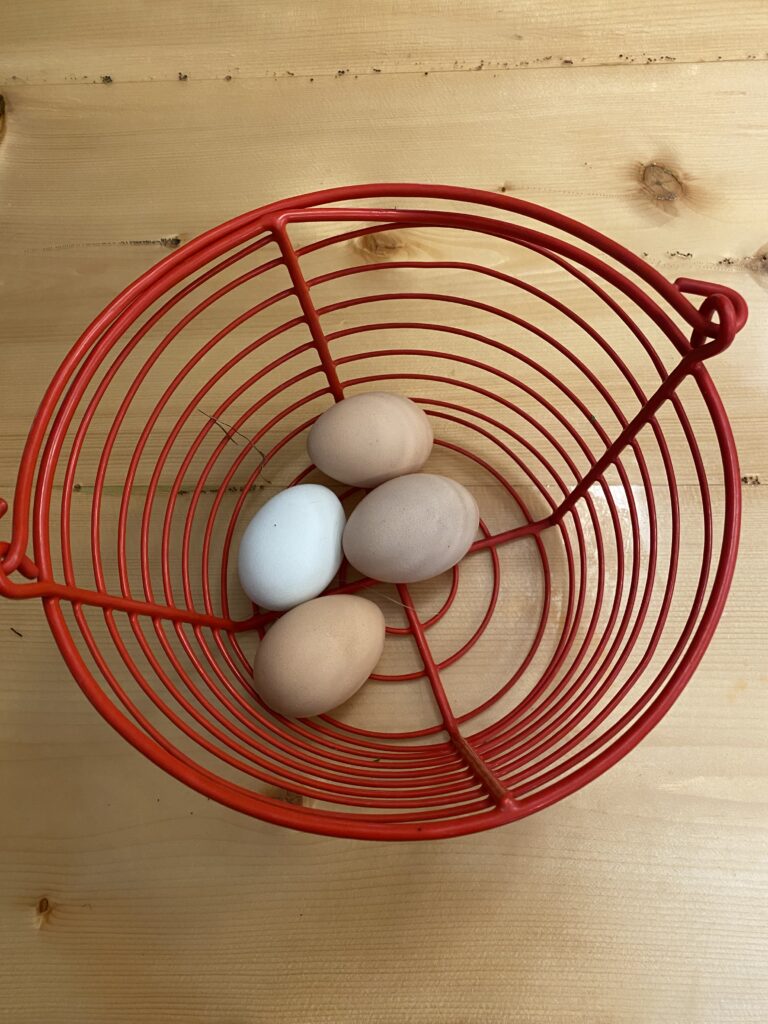Say What?
That’s what I hear from my athletes when we talk about protein needs. Most of them (especially women) are surprised to learn that they are not eating enough protein. Protein is essential for muscle repair and synthesis – something most runners are concerned about. Current dietary guidelines call for eating 0.8 grams of protein per kilogram of body weight (1 kilogram =2.2 lbs). This works out to about 45-50 grams for a 135-lb adult woman. Dr. Stacy Sims, exercise physiologist and nutrition scientist, tells us that as athletes we need more. To the tune of, 1.0-1.2 grams per pound of body weight. This works out to 135-162 grams a day for a 135-lb woman. That’s a lot of protein! If you’re lifting heavy or in a high-performance phase of your training, you should be at the higher end of recommended daily protein. In addition, women in the peri-menopause, menopause, or post-menopause years don’t respond well to muscle-building stimuli and need even more protein to maintain and repair muscle tissue.
Protein intake needs to be spread out over the course of the day. Sims recommends starting the day with 25-30 grams of protein at breakfast (fasted training is NOT your friend) and then shooting for 30-40 grams at each meal and again after your workout. Remember, the source of your protein and its absorbability dictates how much protein you need to consume. Protein from animal sources, particularly whey protein, is more absorbable than plant-based proteins. For reference, 1 egg has 6 g of protein, 3 oz of chicken has 31 g of protein, 3 oz of salmon has 22 g, 1 cup of fat-free Greek yogurt has 23 g, 1 cup of lentils has 18 g, 24 almonds has 6 g, and 1/2 cup of uncooked quinoa has 12 g of protein.
It can be hard to get this much protein in over the course of your day. Protein powder can help but be wary of the added ingredients. Recovery products generally pack a lot of carbs on top of the protein (in order to restock your glycogen stores after exercise) and aren’t the best choice in your regular meals. The essential amino acid content of protein, in particular leucine content, can dramatically affect muscle protein synthesis. The leucine content is one of the reasons why whey protein is preferred for building muscle. In comparison, you need 50 grams of soy to get the same leucine level as just 25 grams of whey. I add a scoop of whey protein powder to my morning smoothie to boost my AM protein consumption. The rest of the day though, I rely on real food: lean meats, beans, nuts, dairy products, and whole grains. At snack time I always think about how I can throw in a protein boost – a handful of almonds, a scoop of cottage cheese, a bite of leftover chicken from last night’s dinner.
Don’t beat yourself up if you find yourself deficient in protein. It takes time to figure out how to adjust your daily fueling to meet your protein needs as an athlete. Be patient, be smart, and keep learning. You’ll get there. And I bet you’ll feel stronger and more resilient over the course of each day and throughout each training block.

